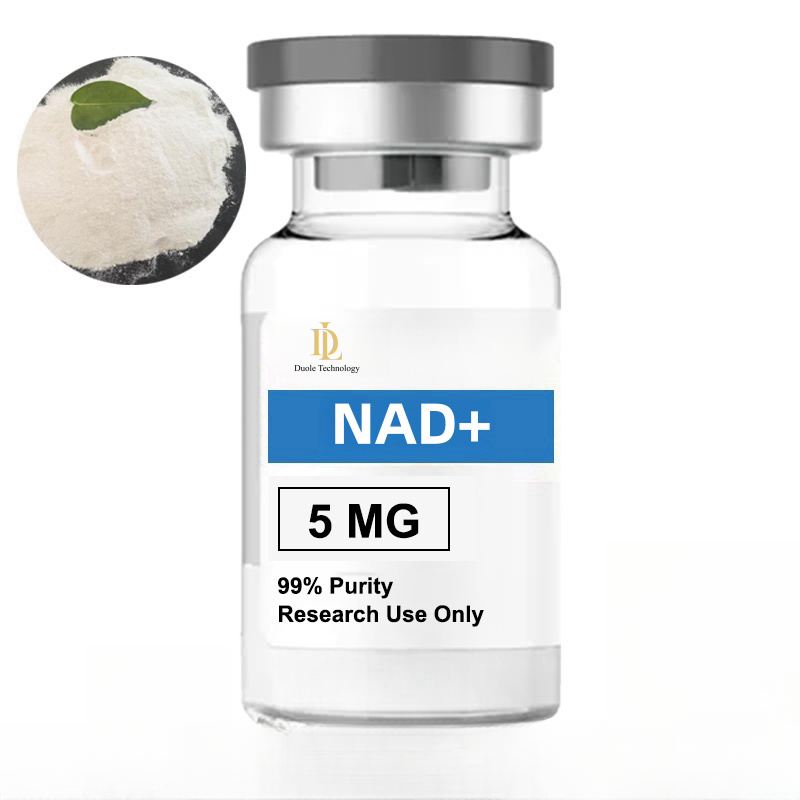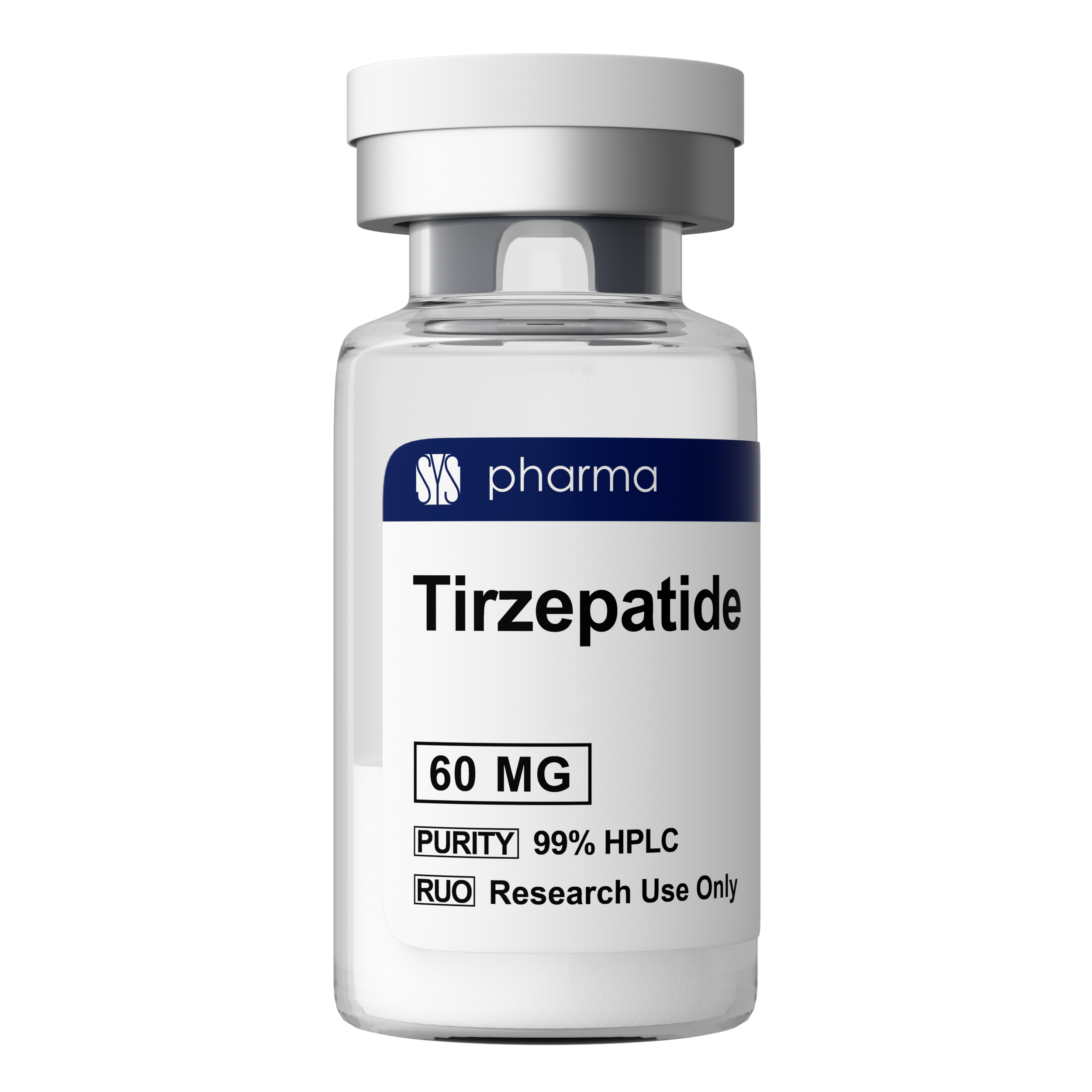U.S. regulations to return overpayments within 60 days may be bad for doctors
-
Last Update: 2015-08-21
-
Source: Internet
-
Author: User
Search more information of high quality chemicals, good prices and reliable suppliers, visit
www.echemi.com
Source: Elsevier's 2015-8-21 Affordable Care Act and the fraud enforcement and Recovery Act require doctors to report and return overpayments within 60 days from the date of determining that overpayments exist Doctors who fail to return the overpayment within the time limit will bear the responsibilities specified in the False Claims Act (FCA) According to the ruling made by the Southern District Court of New York in Kane's case against healthfirst on August 3, doctors are required to return the overpayment to the government within 60 days after receiving the notice about the potential overpayment, rather than when the overpayment is explicitly determined Michael E Clark, the outgoing president of the American Bar Association's health law department, said doctors should be concerned about the ruling Because this decision is not very beneficial to doctors, because the judge accepted the theory that there is no need for certain evidence to clarify the existence of overpayment, but only based on certain facts can be rashly identified as the existence of overpayment In short, healthcare practitioners need to establish systems to send them potential overpayments so that they can act quickly to avoid liability under the false declaration act In this case, the federal government believed that three hospitals operated by continuum health partners failed to report the overpayment to Medicaid and return the overpayment within 60 days of finding the overpayment Because of a computer failure, continuum submitted bills for the same medical services to both the government and a managed healthcare organization After the office of the Comptroller General of New York issued a warning to continuum that it might overcharge, continuum hired Mr Robert P Kane to conduct an internal investigation of its billing Mr Kane (later dismissed) claimed to have found 900 potentially inappropriate Medicaid claims worth $1 million The government claims that continuum failed to return the overpayment within 60 days and instead returned only a "small part" of the affected claims over the next two years Mr Kane filed a complaint against continuum and the government intervened as the plaintiff But continuum argued that the hospitals did not intentionally hide the overpayment from the government and that the overpayment was not formally "established." Continuum, as the defendant, received only notice of potential overpayment and did not identify the actual overpayment, so it did not trigger the 60 day reporting and return mechanism Continuum asked the court not to accept the government's lawsuit because of the lack of legal basis District judge Edgardo Ramos agreed with the federal government and allowed the proceedings to continue Judge Ramos said the legislative history showed that Congress held the FCA liable when there was a clear obligation to pay the government, even if the exact amount had not been determined Therefore, after the auditor general issues a warning to the plaintiff about the software failure and contacts the plaintiff on a specific improper claim, and after Kane informs the plaintiff of a series of claims that may contain a large amount of overpayment, the plaintiff has a clear obligation to report and return the improper convergence money This would run counter to the will expressed by Congress in the Fera if plaintiffs were to avoid liability because Kane's email did not clearly identify the existence of each improper claim and did not provide a specific amount owed to the government Joel M androphy, a lawyer for the plaintiffs, said the judge's ruling encouraged the federal government and plaintiffs who wanted to sue doctors for violating excess billing rules However, Robert T rhoad, a lawyer for health law in Washington, D.C., disagreed with the ruling, arguing that it did not set out the scope of the 60 day overpayment provision and did not draw a clear line between what doctors expected and what to follow In order to avoid litigation, doctors should take prudent measures to properly investigate when they receive actual or constructive notice of possible overpayments Doctors need to show their due diligence and no delay in investigation If it is determined that there is overpayment, they should report the overpayment, which will help them resist future government or judicial review.
This article is an English version of an article which is originally in the Chinese language on echemi.com and is provided for information purposes only.
This website makes no representation or warranty of any kind, either expressed or implied, as to the accuracy, completeness ownership or reliability of
the article or any translations thereof. If you have any concerns or complaints relating to the article, please send an email, providing a detailed
description of the concern or complaint, to
service@echemi.com. A staff member will contact you within 5 working days. Once verified, infringing content
will be removed immediately.







